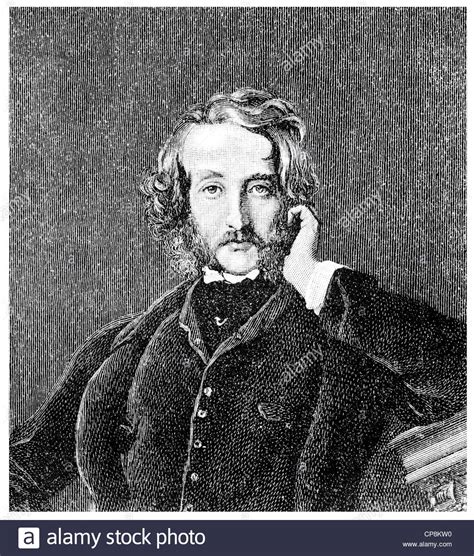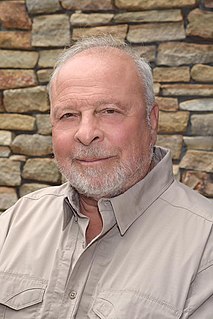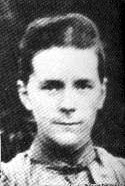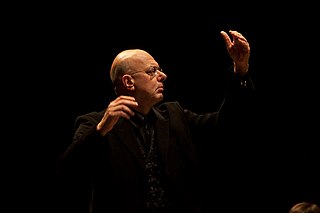A Quote by Edward G. Bulwer-Lytton
No author ever drew a character consistent to human nature, but he was forced to ascribe to it many inconsistencies.
Related Quotes
Among the many inconsistencies which folly produces or infirmity suffers in the human mind, there has often been observed a manifest and striking contrariety between the life of an author and his writings... Those whom the appearance of virtue or the evidence of genius has tempted to a nearer knowledge of the writer, in whose performances they may be found, have indeed had frequent reason to repent their curiosity.
He, who, in view of its inconsistencies, says of human nature the same that, in view of its contrasts, is said of the divine nature, that it is past finding out, thereby evinces a better appreciation of it than he who, by always representing it in a clear light, leaves it to be inferred that he clearly knows all about it.
To the love of pleasure we may therefore ascribe most of the agreeable, to the love of action we may attribute most of the useful and respectable, qualifications. The character in which both the one and the other should be united and harmonised would seem to constitute the most perfect idea of human nature.
My reason taught me that I could not have made one of my own qualities - they were forced upon me by Nature; that my language, religion, and habits were forced upon me by Society; and that I was entirely the child of Nature and Society; that Nature gave the qualities and Society directed them. Thus was I forced, through seeing the error of their foundation, to abandon all belief in every religion which had been taught by man.
The world of strict naturalism in which clever mathematical laws all by themselves bring the universe and life into existence, is pure [science] fiction. Theories and laws do not bring matter/energy into existence. The view that they nevertheless somehow have the capacity seems a rather desperate refuge...from the alternative possibility...Trying to avoid the clear evidence for the existence of a divine intelligence behind nature, atheist scientists are forced to ascribe creative powers to less and less credible candidates like mass/energy and the laws of nature.


































